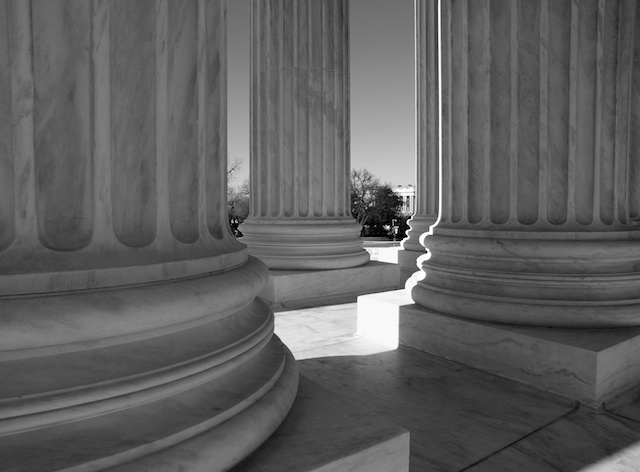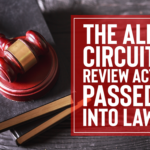In one of the more bizarre episodes that we have seen in the history of False Claims Act (FCA) litigation, the Federal Bureau of Investigation (FBI) has arrested an attorney with Washington D.C. law firm Akin Gump who donned a wig in disguise as he tried to sell confidential information about an FCA suit to a person who turned out to be an FBI agent. This swift action by federal enforcement demonstrates how seriously the federal government takes maintaining the confidentiality of FCA claims and its resolve to protect the whistleblowers who stand up for justice by providing information relating to FCA fraud to the authorities.
The Strange Saga of Jeffrey Wertkin
Jeffrey Wertkin had previously worked at the Department of Justice where he helped oversee the pursuit of FCA claims against companies that had submitted false claims to the federal government, and, in April 2016, he joined Akin Gump, a large Washington D.C. defense firm, as a partner. It is unclear at this point exactly what events transpired prior to his arrest by an FBI agent in the lobby of a Cupertino, California hotel for trying to sell a copy of an FCA complaint to a company under investigation for $310,000, but the federal criminal complaint filed against Wertkin provides the following details:
- An unidentified caller left a voicemail message at the office of an unidentified technology security company on November 30, 2016, saying an FCA lawsuit had been filed against the company and that the company should call back at the number provided.
- When a company employee called back, a person identifying himself as “Dan” said that he could provide the company with a copy of the FCA complaint in exchange for a “consulting fee” and then sent a redacted cover page from the complaint, apparently as proof of the veracity of the lawsuit claim.
- The employee then called the FBI, who did verify that there was indeed a pending lawsuit and then asked the employee to record the calls with “Dan” on behalf of the FBI.
- In later phone calls, “Dan” asked to be paid $300,000 in untraceable bitcoins which he then raised to $310,000. They came to an agreement, and the employee told “Dan” that a man named “Bill” would meet him in the lobby of the Cupertino hotel with the payment in exchange for the complaint. The employee provided a phone number for “Bill” who was actually an FBI agent named William Scanlon.
- When Wertkin showed up in the lobby on January 31 wearing a wig in disguise, he texted Scanlon with directions on conducting the transaction. As soon as Wertkin approached Scanlon with a copy of the complaint, he was surrounded by FBI agents and arrested.
Why FCA Confidentiality is So Important
Many FCA lawsuits are filed on the basis of confidential information provided by anonymous whistleblowers within the company who initially pursue the FCA claim with the assistance of a whistleblower attorney. These lawsuits remain under private seal while the federal government conducts its own investigation to determine whether it should join in the lawsuit, which raises the potential for the whistleblower to collect a significant financial reward. Without the protection of this confidentiality, both whistleblowers and the federal government do not always have the ability to collect the necessary evidence to support a victorious lawsuit. The decisive action by the FBI in this matter demonstrates how seriously the federal government takes maintaining this confidentiality in the FCA process
Begin the Process of Bringing an FCA Claim Today
At Kreindler & Associates, our focus is on bringing whistleblower claims and we will work with you to evaluate your potential case and guide you through the entire FCA process. An FCA claim is only valid if it has not previously been initiated by another plaintiff or the government, so it is in your interest to speak with an experienced FCA attorney as soon as possible. Contact us today for an evaluation of your allegations.




